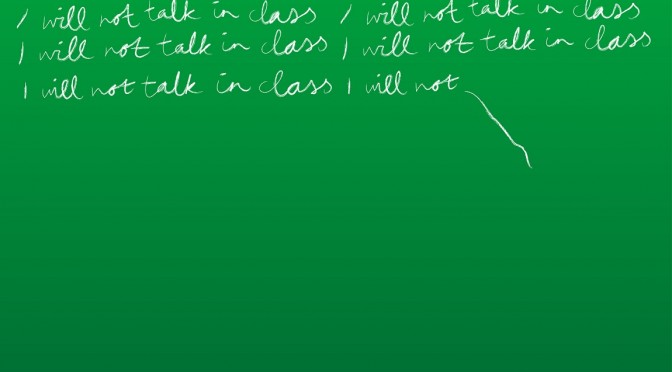 Parents and teachers usually conceive of student procrastination as putting off homework or projects until the last minute.
Parents and teachers usually conceive of student procrastination as putting off homework or projects until the last minute.
It is.
We also tend to think of disruptive classroom behavior as “disobedience” or “acting out” over some issue, from disconnection or boredom to serious underlying troubles. Which it is.
But those same processes of delay and avoidance over aversive tasks that are procrastination are also at work during class.
Student disruption as procrastination?
We have discussed on the Student Success Podcast and Blog how procrastination is an emotional response to task aversion.
When faced with an unpleasant task, the procrastinator chooses to defer that task for later in order to feel better now (relieve the stress of the aversive task).
